 This week saw saw the publication of two book chapters on very different aspects of university education. First, Prof. Debbie Holley, Dr. Ben Goldsmith and Dr. David Fevyer co-authored ‘Inspiring Learning through Technologies’. This is chapter 5 in the newly published second edition of the textbook Enhancing Teaching Practice in Higher Education published by SAGE [1].
This week saw saw the publication of two book chapters on very different aspects of university education. First, Prof. Debbie Holley, Dr. Ben Goldsmith and Dr. David Fevyer co-authored ‘Inspiring Learning through Technologies’. This is chapter 5 in the newly published second edition of the textbook Enhancing Teaching Practice in Higher Education published by SAGE [1]. 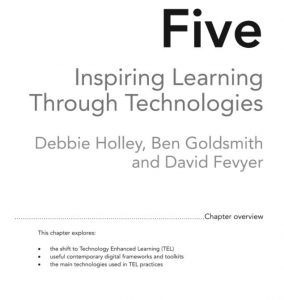
And just a three days ago Emerald Publishing published a chapter on external examining in The Role of External Examining in Higher Education: Challenges and Best Practices. The chapter ‘Acting as External Examiners in the UK: Going Beyond Quality Assurance’ [2] is co-authored by Prof. Edwin van Teijlingen in the Centre for Midwifery, Maternal & Perinatal Health (CMMPH) and FHSS Visiting Facutly Prof. Padam Simkhada (University of Huddersfield) and Dr. Amudha Poobalan (University of Aberdeen).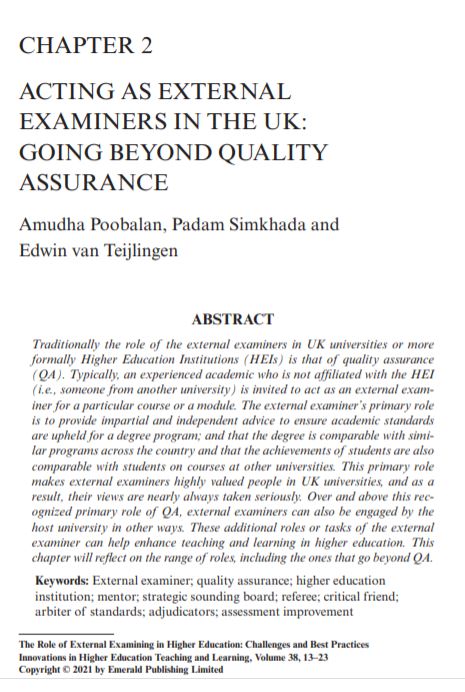
References:
-
Holley, D., Goldsmith, B., Fevyer, D. (2021) Inspiring Learning through Technologies, In: Pokorny, H., Warren, D. (eds.) Enhancing Teaching Practice in Higher Education (2nd edn), London: SAGE: pp. 107-134.
- Poobalan, A., Simkhada, P. and van Teijlingen, E. (2021) Acting as External Examiners in the UK: Going Beyond Quality Assurance, In: Sengupta, E., Blessinger, P., Ssemwanga, A. and Cozza, B. (eds.) The Role of External Examining in Higher Education: Challenges and Best Practices (Innovations in Higher Education Teaching and Learning, Vol. 38), Emerald Publishing Limited, Bingley, pp. 13-23. https://doi.org/10.1108/S2055-364120210000038002


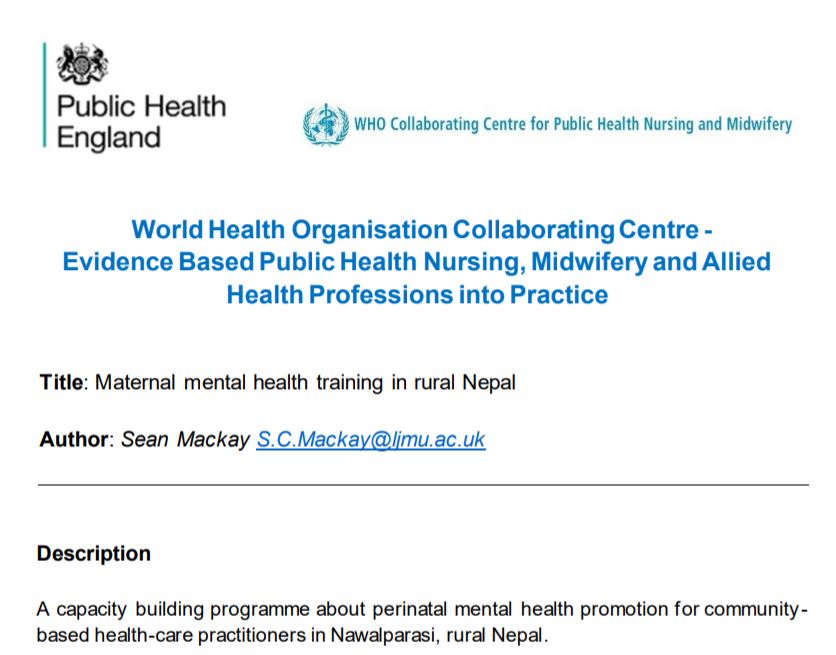
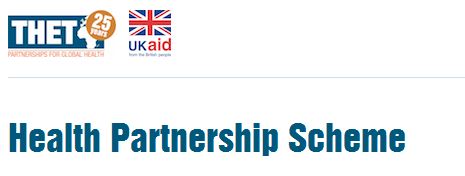
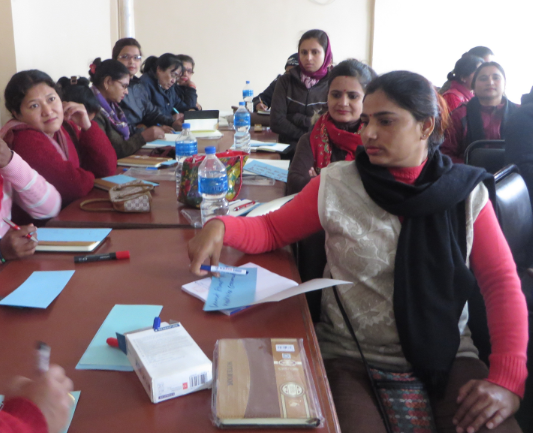
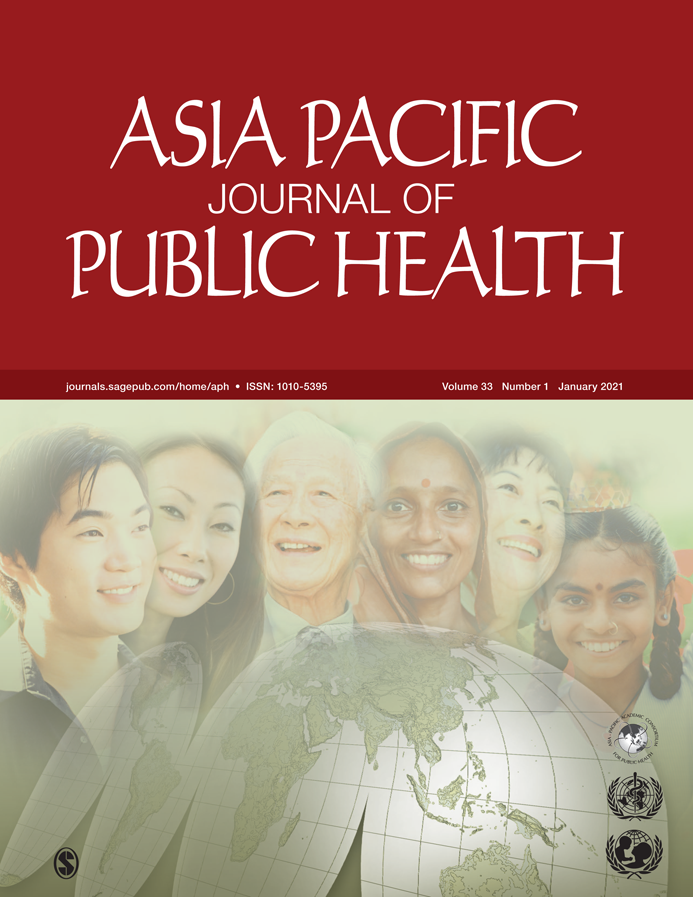
 Tuesday 13th April – Thursday 15th April 2021
Tuesday 13th April – Thursday 15th April 2021
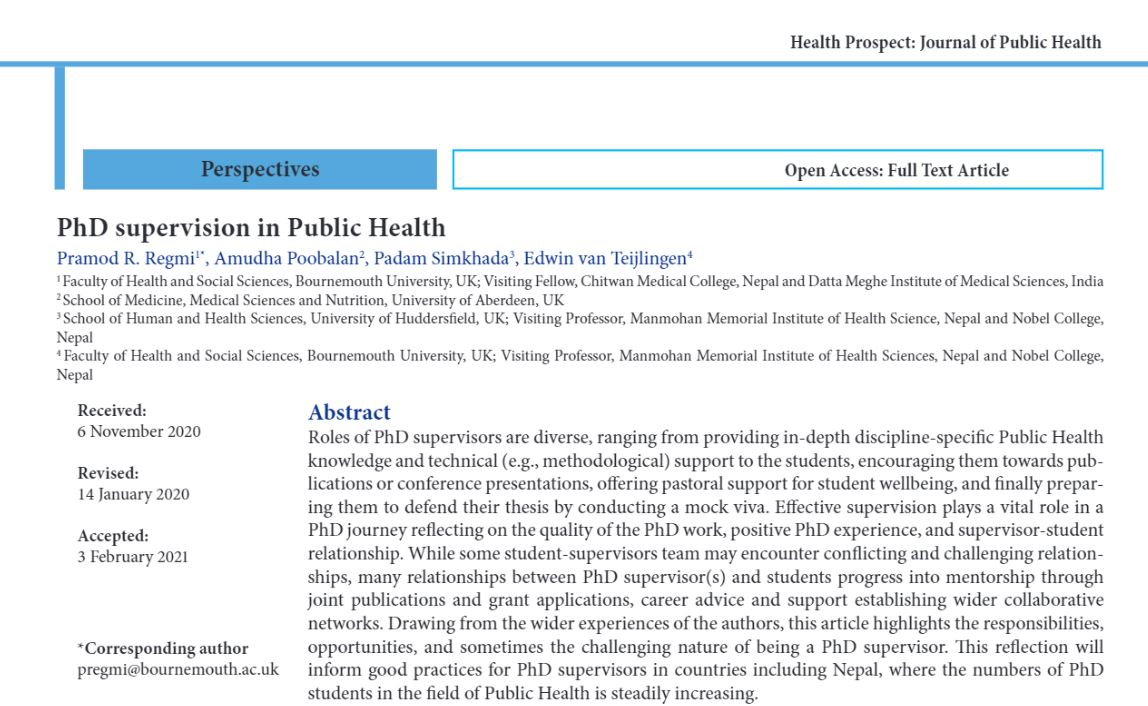

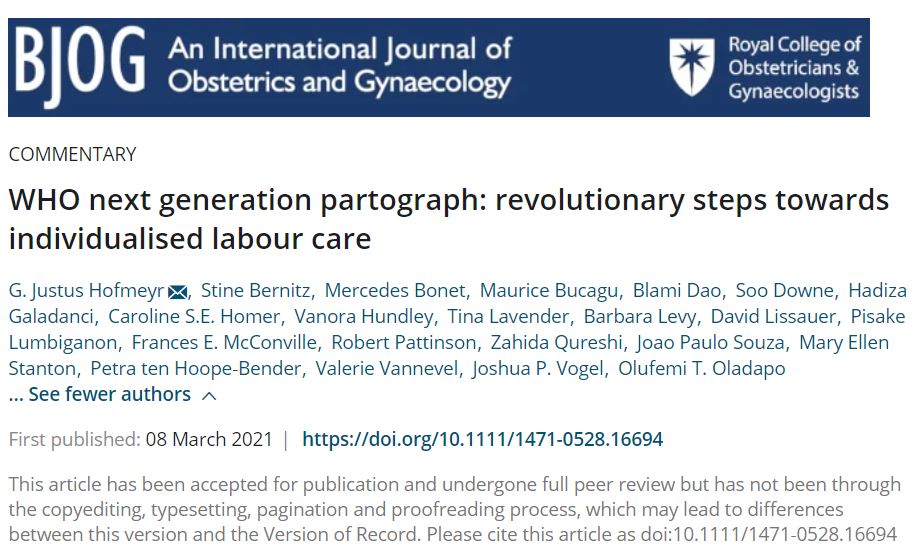

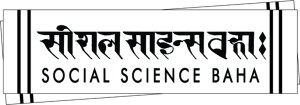

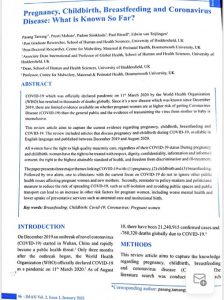
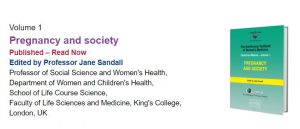
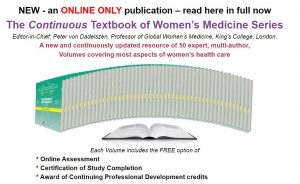
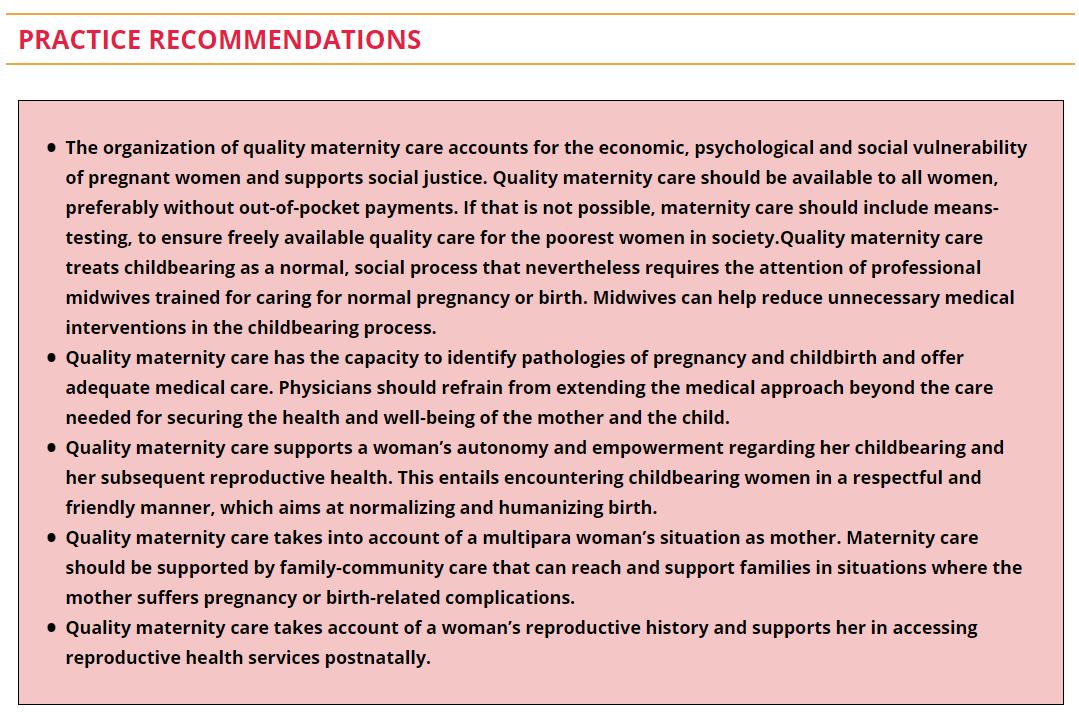
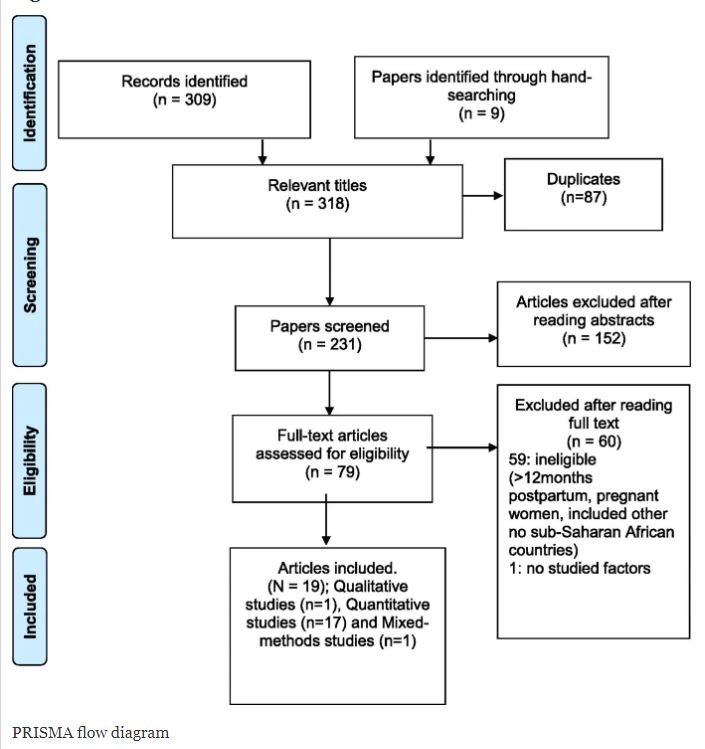
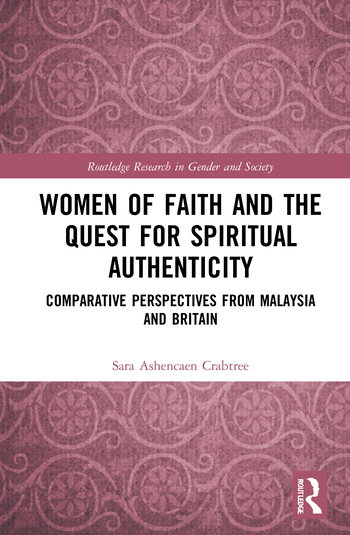
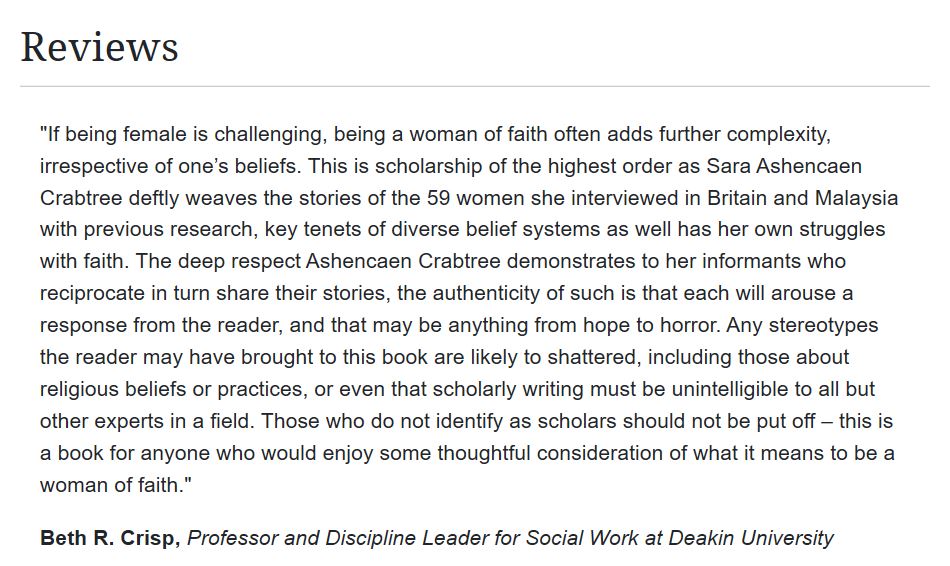
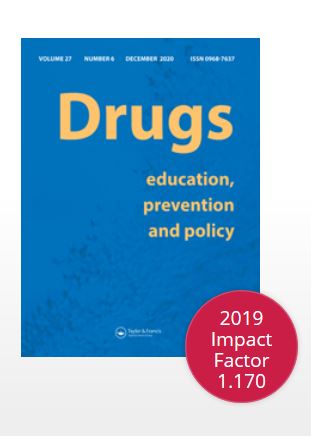
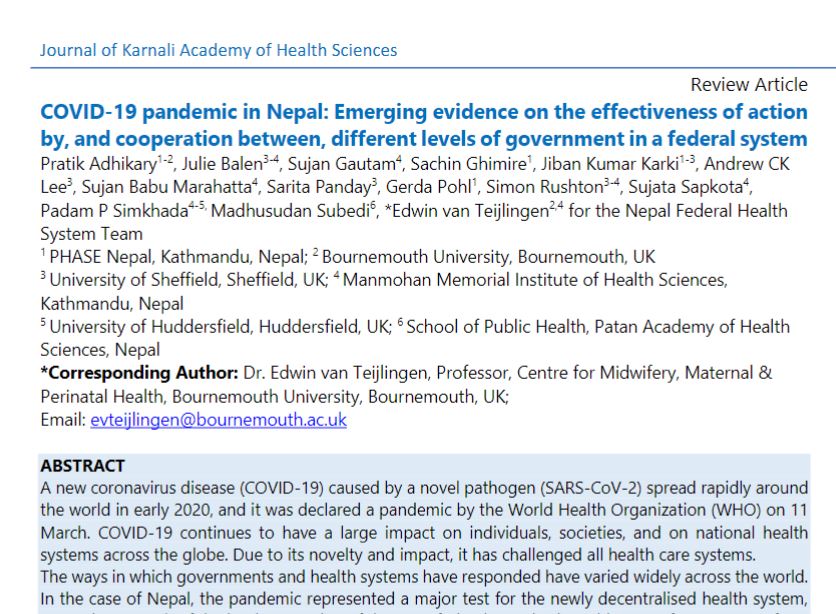
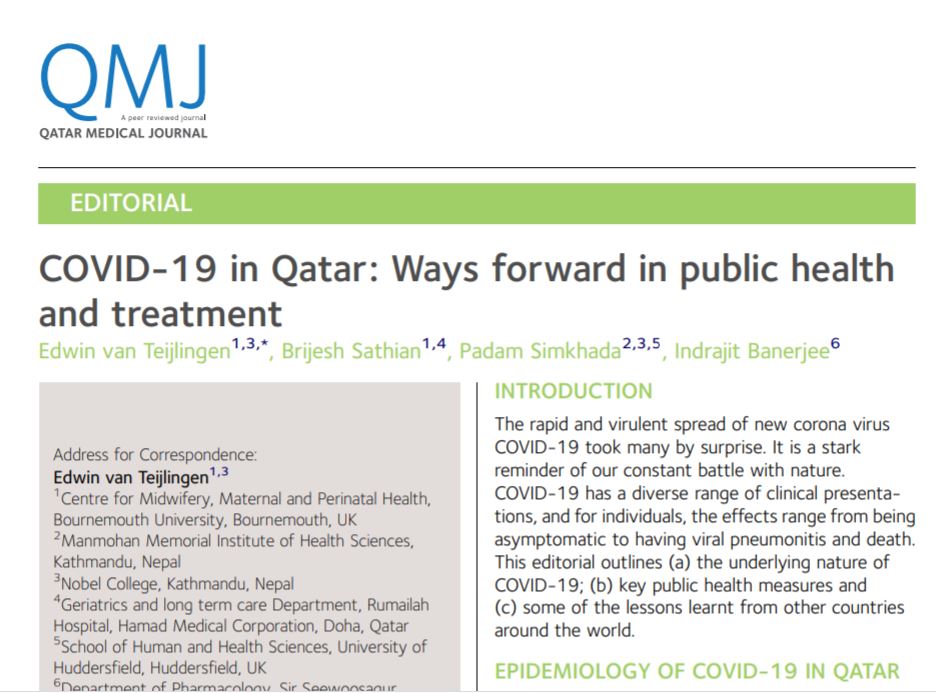
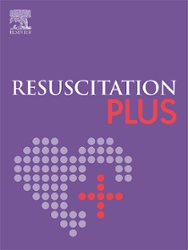
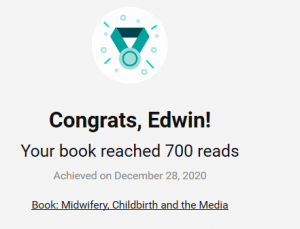












 REF Code of Practice consultation is open!
REF Code of Practice consultation is open! BU Leads AI-Driven Work Package in EU Horizon SUSHEAS Project
BU Leads AI-Driven Work Package in EU Horizon SUSHEAS Project Evidence Synthesis Centre open at Kathmandu University
Evidence Synthesis Centre open at Kathmandu University Expand Your Impact: Collaboration and Networking Workshops for Researchers
Expand Your Impact: Collaboration and Networking Workshops for Researchers ECR Funding Open Call: Research Culture & Community Grant – Apply now
ECR Funding Open Call: Research Culture & Community Grant – Apply now ECR Funding Open Call: Research Culture & Community Grant – Application Deadline Friday 12 December
ECR Funding Open Call: Research Culture & Community Grant – Application Deadline Friday 12 December MSCA Postdoctoral Fellowships 2025 Call
MSCA Postdoctoral Fellowships 2025 Call ERC Advanced Grant 2025 Webinar
ERC Advanced Grant 2025 Webinar Update on UKRO services
Update on UKRO services European research project exploring use of ‘virtual twins’ to better manage metabolic associated fatty liver disease
European research project exploring use of ‘virtual twins’ to better manage metabolic associated fatty liver disease